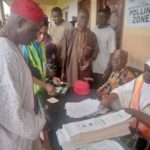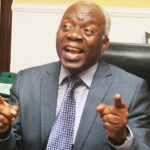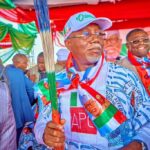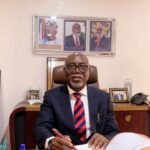The Independent National Electoral Commission (INEC) has described the cost of operations and logistics in the country as enormous.
INEC National Commissioner and Chairman of the Board of The Electoral Institute, Mr Solomon Shoyebi, said that the Commission would continues to review the cost of elections.
A statement issued by INEC Director of Voter Education and Publicity, Oluwole Osaze-Uzzi, quoted Shoyebi as making the assertion at a one-day round table held on Wednesday in Abuja.
The theme of the roundtable according to the statement is: “Revisiting the Template for INEC’s Election Operations and Logistics Plan’’.
It was organised by the Commission through its Training, Research and Documentation outfit, the Electoral Institute (TEI).
Shoyebi said ‘’the cost of election operation and logistics is enormous and it’s an exercise the Commission continues to review from one election to another.”
He added that the Commission would continue to partner stakeholders in the delivery of men and election materials to areas with difficult terrain.
The stakeholders according to Shoyebi include the National Union of Road Transport Workers (NURTW), Road Transport Employers’ Association of Nigeria (RTEAN), National Association of Road Transport Owners (NARTO), Nigeria Air Force (NAF) and the Nigeria Navy (NN).
‘’The Commission will continue to engage the services of the NURTW, RTEAN, NARTO, Air Force and the Navy especially in delivering of personnel and materials to difficult terrains to ensure the conduct of free, fair, credible and acceptable elections’’.
Shoyebi said that the Commission was not unaware of the challenges experienced during the 2019 elections, but it rose up to the occasion and responded to the challenges.
“That was why we had successful outings in the 2019 general elections,’’ he added.
It also quoted National Commissioner Amina Zakari as urging all stakeholders to own the process by dispensing positive and productive attitudes that could promote an enduring electoral environment.
Zakari said that the trust deficit in the system was a critical issue to deal with.
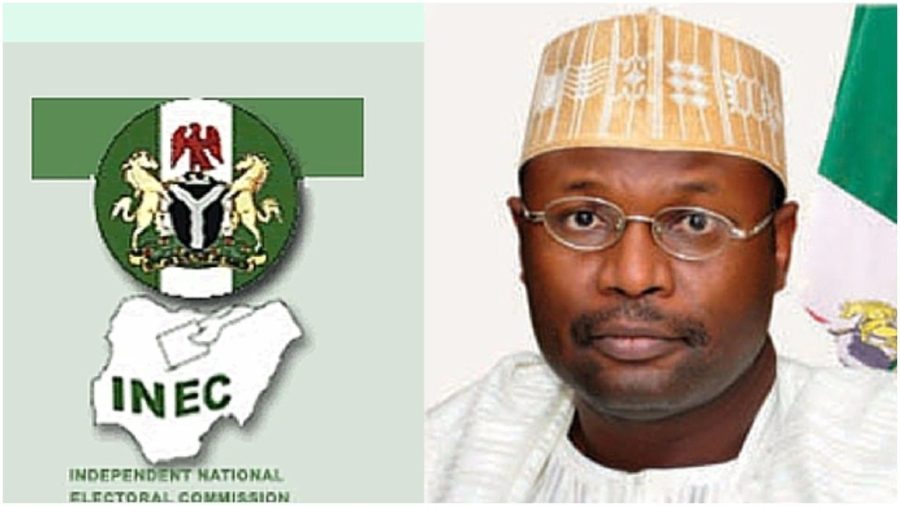
 Join Daily Trust WhatsApp Community For Quick Access To News and Happenings Around You.
Join Daily Trust WhatsApp Community For Quick Access To News and Happenings Around You.